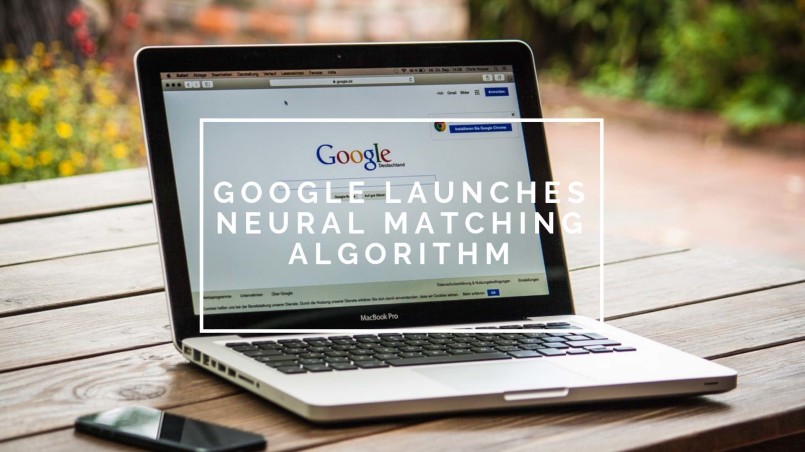Recent posts

Money Talks
A Guide To Mobile Trading Apps for South Africans
19 February 2026

Press Releases
Rehab Your Knee: A Free, Evidence-Based Guide to Smarter Recovery
12 February 2026

Money Talks
XRP vs. Stablecoins: Which Is Better for Cross-Border Payments in 2026?
28 January 2026

Press Releases
Sleep Expert Cautioning Against TikTok’s ‘Mouth Taping’ Trend
28 January 2026
Popular posts
Extravaganza
Trending Music Hashtags To Get Your Posts Noticed
24 August 2018
Geek Chic
How To Fix iPhone/iPad Only Charging In Certain Positions
05 July 2020
Extravaganza
Trending Wedding Hashtags To Get Your Posts Noticed
18 September 2018
Money Talks
How To Find Coupons & Vouchers Online In South Africa
28 March 2019
Google Launches Neural Matching Algorithm
26 September 2018 | 0 comments | Posted by Che Kohler in nichemarket Advice
The last couple of months have been pretty eventful when it comes to Google's organic rankings with its latest algorithm updates we see a more granular interpretation of pages and a strong emphasis on content vs context and intent.
What does the algorithm actually do?
The purpose of the algorithm is to match a search query to a web page, using only the search query and the web page itself. Web pages ranked by this kind of algorithm will not have been promoted to the top positions by links or keywords since this kind of algorithm is about “relevance matching.”Content is more important
So why the need for neutral matching you ask? Simple, Google wants content to be the key driver of search relevance while other factors become less and less important over time.What should we take from this update?
This machine learning update isn't simply about matching keywords to content, but keyword intent expressed and matched it to content that matches the context of that expression.“…we’ve now reached the point where neural networks can help us take a major leap forward from understanding words to understanding concepts. Neural embeddings, an approach developed in the field of neural networks, allow us to transform words to fuzzier representations of the underlying concepts, and then match the concepts in the query with the concepts in the document. We call this technique neural matching.”
Is neural matching here to stay?
This new kind of AI ranking shows how it’s possible to generate search results that are not directly ranked by traditional ranking factors like links or keywords.Should you be worried about neural matching?
At this moment in time, I would have to say no! Google would not risk disrupting the currently profitable search algorithm in favour of neural matching across the board.Contact us
If you want to know more about search engine marketing for your site, don’t be shy we’re happy to assist. Simply contact usTags: Google Search, organic search, SEO
You might also like
Sleep Expert Cautioning Against TikTok’s ‘Mouth Taping’ Trend
28 January 2026
Posted by Steph M in Press Releases
Sleep expert warns that the viral mouth taping trend flooding TikTok could pose serious risks for people with undiagnosed sleep apnea and other sleep...
Read moreRehab Your Knee: A Free, Evidence-Based Guide to Smarter Recovery
12 February 2026
Posted by Shamima Ahmed in Press Releases
Dhansay & Roberts launches Rehab Your Knee, a free ebook with evidence-based advice to help anyone recovering from a knee injury regain strength safe...
Read more{{comment.sUserName}}
{{comment.iDayLastEdit}} day ago
{{comment.iDayLastEdit}} days ago
 {{blogcategory.sCategoryName}}
{{blogcategory.sCategoryName}}
